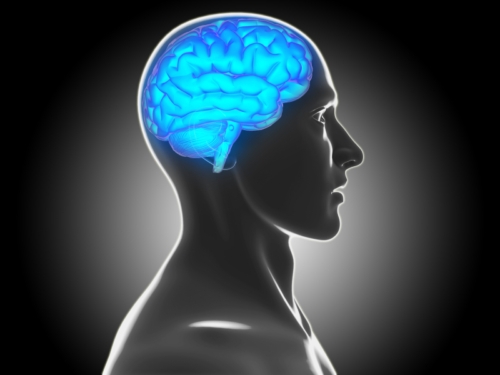 What is creatine monohydrate and could it boost brain health?
What is creatine monohydrate and could it boost brain health?
I’ve never been a big believer in Band-Aid treatments and I’m guessing you aren’t, either. Instead, I like to get to the root of the problem, practice prevention, and make sure I’m doing my best to avoid illnesses.
Recently, I stumbled on some pretty convincing data concerning creatine monohydrate that can potentially help you maintain your memory and learning ability, while possibly protect you from dementia, Alzheimer’s, and other neurodegenerative diseases.
Brain Health: Why Do People Experience Memory Loss?
One of the reasons people experience a drop in memory, cognition, and decision-making abilities as they age, and also why they are more prone to illnesses like Alzheimer’s and dementia, is that your cells, body, and brain undergo a lot of wear and tear. Over time, your mitochondria, which are organelles in your cells that are responsible for converting food into energy so you can function, become dysfunctional.
They don’t lose function because they are necessarily overworked, however. What happens is that when energy is created, there is some by-product. This by-product is called lipofuscin, which is also known as an aging pigment. When lipofuscin builds up and can no longer be cleared away naturally, they start slowing down the brain’s processes and essentially increase your “brain age.” When this buildup becomes excessive, you become very prone to dementia, memory troubles, difficulties in decision making, Alzheimer’s, Parkinson’s, and other diseases that impact the brain.
Creatine Monohydrate: Health Benefits
Studies show that creatine monohydrate can remove lipofuscin buildup and it offers a significant boost to cellular energy, which protects your cells from oxidative stress, lower energy production, aging, and ultimately, death. At the end of the day, creatine can help keep you young and protect you from disease.
People with Alzheimer’s and Parkinson’s, and even those without neurodegenerative diseases, have shown vast improvements in brain function when taking creatine. Studies have shown that creatine improves mood, lowers required medication dosages (and limits the side effects of those medications), reduces mental fatigue, supplies the brain with more oxygen, and increases processing speed. It also improves quick decision making ability, recognition and signaling, and executive tasks, even after sleep deprivation.
Creatine monohydrate also has a number of other health benefits including cardiovascular protection, insulin control, and muscle-building effects.
Creatine Monohydrate: Dosage Guide
Dosages range from three to 20 grams per day depending on your needs, and it needs to be taken with a warm/hot liquid for maximum absorption. I put five grams in my coffee every morning and it doesn’t affect the flavor at all.
If you want to protect your brain and body from the effects of aging, creatine monohydrate can do a great job of keeping you young.
Sources for Today’s Article:
Brink, W., “Creatine reduces markers of aging,” Life Extension web site, July 2014; http://www.lifeextension.com/Magazine/2014/7/Creatine-Reduces-Markers-Of-Aging/Page-01 , last accessed April 19, 2016.
Rae C., et al., “Oral creatine monohydrate supplementation improves brain performance: a double-blind, placebo-controlled, cross-over trial,” Proceedings of the Royal Society B: Biological Sciences, 2003 Oct 22; 270(1529): 2147–2150; doi: 10.1098/rspb.2003.2492.
